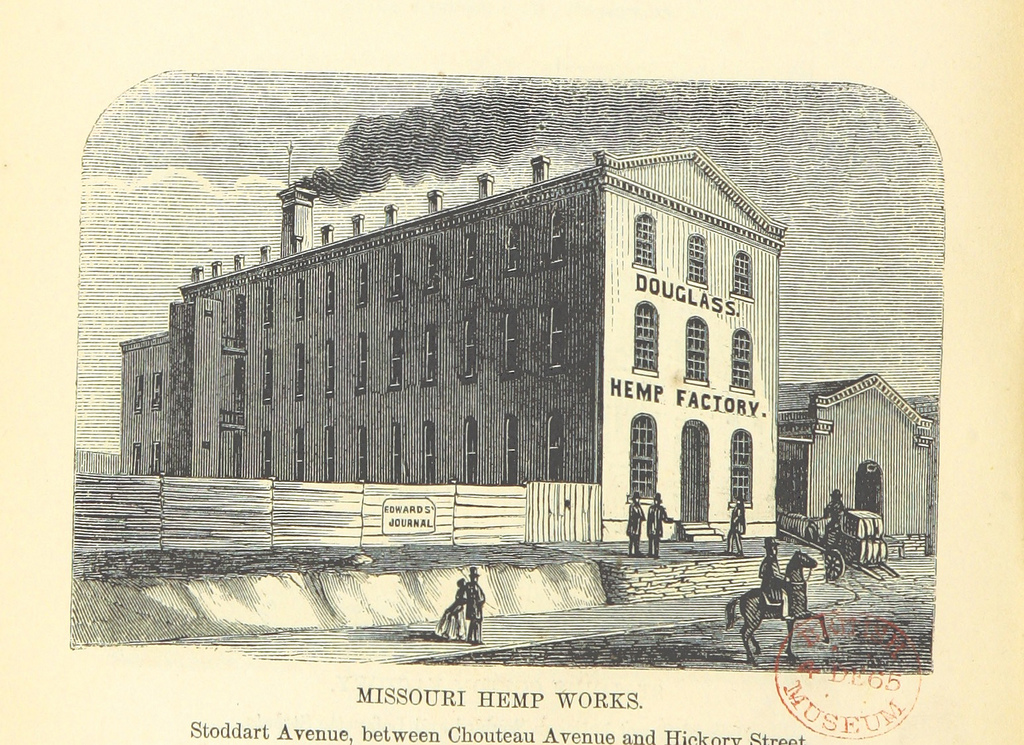On Monday, February 10th, two popular alternative magazines, High Times and Colorado’s own Westword, filed a federal lawsuit against the state of Colorado. The magazines argue that the state’s strict rules covering marijuana advertising are unjust and a violation of their 1st Amendment right. They called for a preliminary injunction against the regulations—on February 14th, a US District Judge rejected the case, but has allowed for adjustments to be made for further review.
Currently, the rules of Colorado’s Amendment 64 state that “A Retail Marijuana Establishment shall not engage in Advertising in a print publication unless the Retail Marijuana Establishment has reliable evidence that no more than 30 percent of the publication’s readership is reasonably expected to be under the age of 21.” This also affects advertising in television, radio, and outdoor advertising as well, though only recreational businesses are affected by the state’s rules—medicinal businesses are not bound by the advertising restraints.
The lawsuit claims that the regulations are an unconstitutional restriction of free speech, calling the restrictions irrational. The plaintiffs argue that marijuana establishments have been singled out for “more stringent advertising restrictions than those regulating the alcohol industry,” despite the fact that “the Colorado Constitution calls for the regulation of marijuana ‘in a manner similar to alcohol.'” Their document additionally argues that “defendants have not and cannot produce sufficient evidence to demonstrate that any of its heavy-handed restrictions at issue directly advance any arguably substaintial government interest(s).”
The case was rejected by Judge Marcia Krieger on the grounds of neither High Times or Westword having the right to claim the legal injunction. As she writes, “the regulations in question do not address conduct by the Plaintiffs—who are publishers. Instead, the regulations limit conduct by advertisers—i.e, retail marijuana establishments. Thus, it is retail marijuana establishments who seek advertising who are directly affected by enforcement of the regulations.”
Past courts “have allowed publishers to challenge regulations that restrict the speech of putative advertisers if there is a colorable assertion that the regulation had a ‘chilling effect’ on the potential advertisers,” Krieger admits, but the lawsuit as written doesn’t offer enough “factual elaboration” on the subject for her to allow it. Additionally, she argues that “there is no allegation that any advertiser has been discouraged from seeking to place advertisements with either of the Plaintiffs”—and indeed, in one of Westword‘s most recent issues, there were are least 9 ads featuring recreational marijuana companies.
Steve Suskin, attorney for Westword, says that the magazine’s decision to join High Times in the lawsuit was “really more a matter of principle than it is a burning need to have a change in the law in order to continue serving the marijuana industry in our advertising function.” He writes, “Westword is reviewing the Court’s opinion… and considering its options,” adding that “First Amendment litigation is complex and our litigation counsel, David Lane, remains confident Westword can meet the procedural requirements set forth by the Court for legal standing to challenge this law.”
The magazines have until March 7th to file further evidence of their complaint.
Sources:
http://blogs.westword.com/latestword/2014/02/marijuana_advertising_lawsuit_injunction_rejected.php
Get daily cannabis business news updates. Subscribe
End
